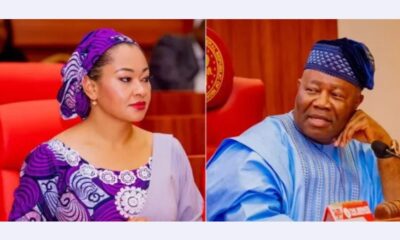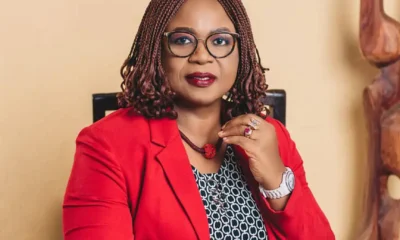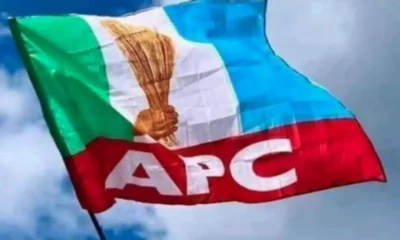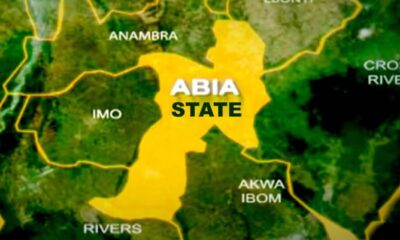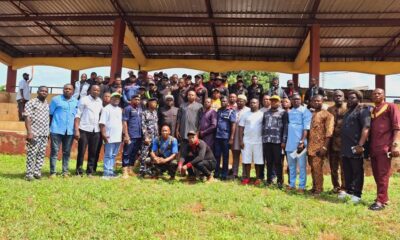Business
Bank workers blame CBN as cash shortage worsens
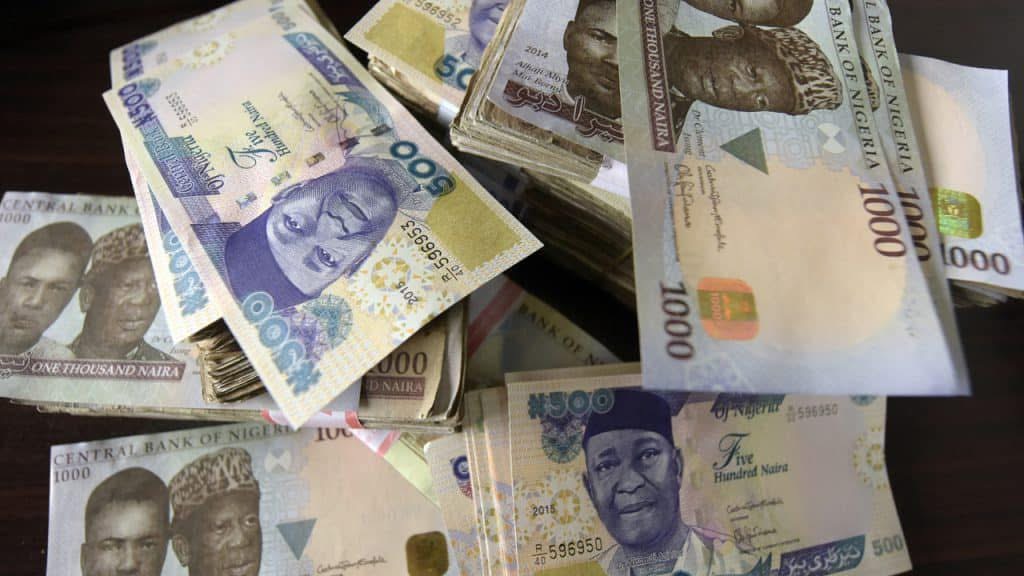
The Association of Senior Staff of Banks, Insurance, and Financial Institutions has attributed the worsening cash shortage across the country to the Central Bank of Nigeria’s inability to meet the cash demands of commercial banks.
Speaking with The PUNCH, ASSBIFI President, Olusoji Oluwole, highlighted the dire impact of the scarcity, particularly as the festive season approaches, with increased demand for cash for shopping and business transactions.
“In terms of (the cash) scarcity, this is something that has not ended since the redesign of the naira,” Oluwole said.
Oluwole explained that banks have only two primary sources of cash – the CBN and retailers.
“Banks have only two sources of cash: the CBN and retailers. The CBN has not met banks’ demands, and retailers often sell cash for profit, making it harder for banks to access funds,” he explained.
He noted that the apex bank has failed to meet the cash demands of banks, while retailers profit by selling cash instead of depositing it back into the banking system.
“But, of course, it is beginning to become more pronounced now that we’re heading towards the Christmas celebrations, where a lot of people are going to need money to carry out their shopping and other businesses.
“Banks are not in a position to force retailers to bring the cash to banks,” he added, describing how this dynamic exacerbates the scarcity of cash in Automated Teller Machines and across bank counters.
Citing statistics, Oluwole stated that banks collectively require at least N20m daily to operate, with ATMs needing approximately N8m each and N4m over the counters.
He stressed the importance of CBN providing clear statistics on cash circulation to improve distribution efficiency.
“For us, we are not interested in trading games like we were doing last year but looking for solutions. The solution, one, is for CBN to have clear statistics, so that they understand where they are, how they are circulating, and where they are circulating to,” he said.
Oluwole also advocated for a shift towards less dependency on cash, emphasising that a cashless economy is cheaper, safer, and more efficient for the economy.
“An economy that operates in a cashless manner does better than a cash-dependent economy. It is a proven thing all over the world,” he stated.
In addition, the ASSBIFI President called for security agencies to crack down on illegal currency trading.
You cannot be selling cash. You cannot sell your currency to people for a profit at discounted rates. It is not done anywhere,” Oluwole emphasised.
He urged authorities to investigate reports of point-of-sale operators buying cash from fuel stations and supermarkets.
Oluwole concluded by reiterating that no bank deliberately withholds cash from its customers.
“No bank wants to starve its customers of cash. It does not make sense for any bank to hold on to cash, but you can only give what you have,” he said.
“As the cash crisis persists, stakeholders are urging the CBN to act swiftly to address these concerns and alleviate the strain on both banks and the public,” Oluwole stated.
Also, the National Coordinator of the Human Rights Writers Association of Nigeria, Emmanuel Onwubiko, in a statement criticised the CBN and its Governor, Olayemi Cardoso, for their mishandling of monetary policy, holding them responsible for the resulting widespread hardship.
He further highlighted how cash scarcity has left millions, especially in rural areas, unable to conduct transactions, pushing small businesses, artisans, and daily wage earners deeper into poverty.
“Nationwide, long bank and ATM queues have become the norm, with depositors unable to access their funds despite sufficient balances,” he added.
Onwubiko argued that the crisis reflects not just poor monetary policy but also deeper systemic issues within Nigeria’s economy.
He urged President Bola Tinubu to intervene swiftly to stabilise the banking system and avert economic collapse.
The group also called on the National Assembly to summon the CBN Governor for accountability and oversight.
Business
Gov Uba Sani appoints Ben Kure as MD of KSMC
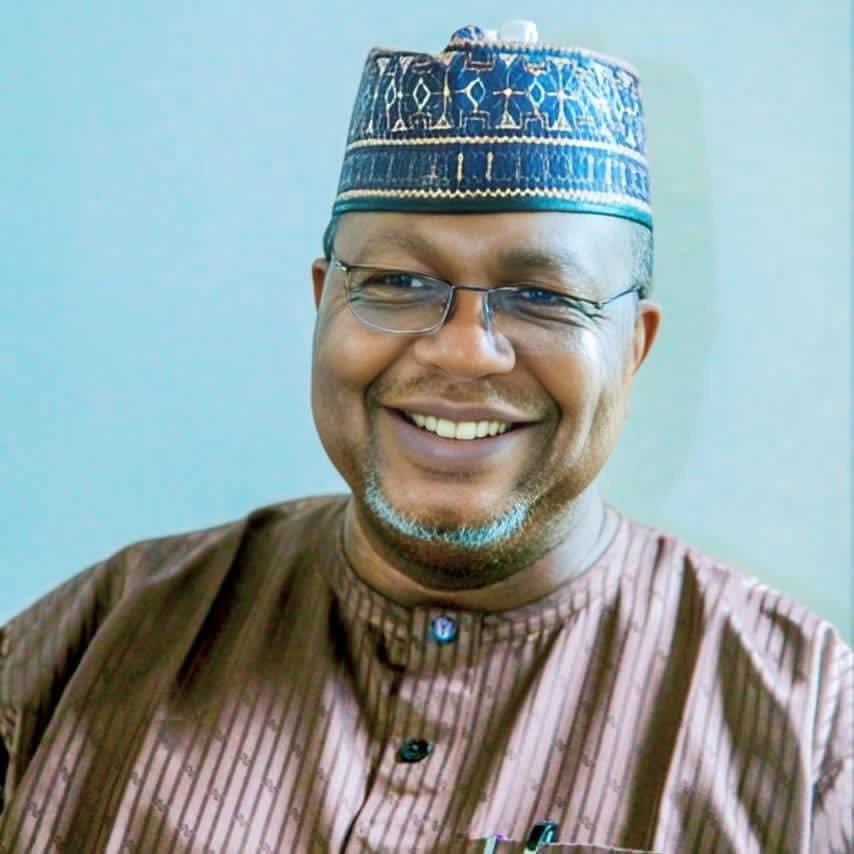
Governor of Kaduna State, Senator Uba Sani, has appointed Ben Solomon Dalhatu Kure as the Managing Director of Kaduna State Media Corporation (KSMC).
Ibraheem Musa, Chief Press Secretary to the Governor, disclosed this in a statement at the weekend.
Kure replaced Ahmed Maiyaki, who has just been appointed the Commissioner for Information.
He is expected to build on Mr. Ahmed Maiyaki’s leadership, which has repositioned the media corporation.
Before this appointment, Kure served as the Chairman of Jaba Local Government from 2016 to 2017, Executive Secretary of the Kaduna State Emergency Management Agency from 2018 to 2019, and Special Adviser (Political Matters) to the Kaduna State Governor from 2019 to 2021.
Business
Nationwide fuel distribution: Dangote Refinery takes Delivery of CNG trucks
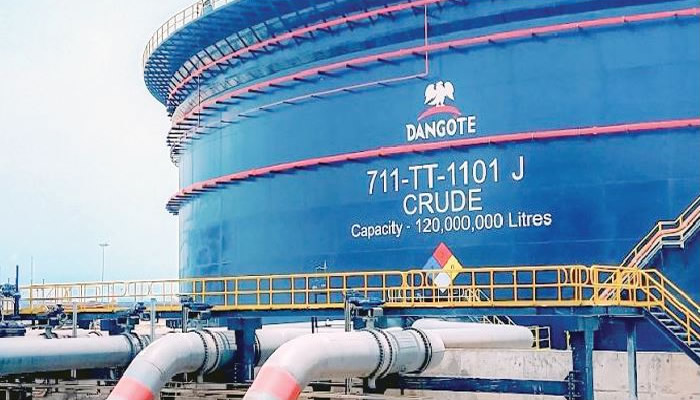
Dangote Refinery has announced the delivery of its first shipment of compressed natural gas trucks to facilitate its nationwide premium motor spirit and automotive gas oil supply from August 15, 2025.
The 650,000-barrel-per-day refinery disclosed this in a statement by its spokesperson, Anthony Chijiena, on Sunday.
According to him, the refinery, the N720 billion worth investment scheme, is aimed at transforming Nigeria’s fuel distribution landscape by reducing logistics costs and enhancing supply efficiency for customers.
“The fleet of fuel tankers, being imported through Apapa Port, represents a significant capital investment estimated at N720 billion.
“The first consignment of trucks recently departed Apapa Port and was formally received at the refinery site in Ibeju-Lekki by the Vice-President of Oil and Gas at Dangote Industries Ltd., Devakumar Edwin,” the statement reads.
Recall that Dangote Refinery had announced that the fuel distribution scheme would cause a major shakeup in the country’s oil and gas downstream sector.
However, petroleum product retail outlet owners and the Natural Gas Suppliers Association of Nigeria have, in different forums, kicked against the scheme, saying it would result in massive job losses.
Business
Naira returns to appreciation against dollar as Nigeria’s external reserves swell
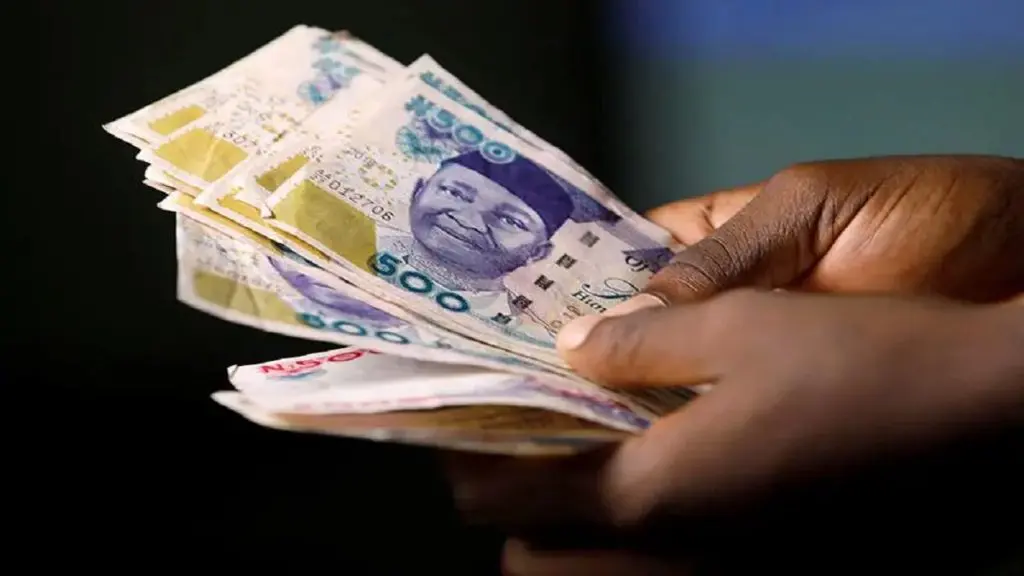
The naira bounced back to appreciate against the dollar at the official foreign exchange market on Thursday as Nigeria’s external reserves continued to rise.
The Central Bank of Nigeria’s data showed that the Naira gained slightly at N1,533.73 against the dollar on Thursday from N1,534.44 traded on Wednesday.
This means that Nigeria’s currency marginally strengthened by N0.70 against the dollar on a day-to-day basis.
Meanwhile at the black market, the Naira remained flat at N1,565 on Thursday, the same exchange rate recorded the previous day.
The development follows the continued rise in the country’s external reserves, which stood at $39.99 billion as of 6th August 2025, up from $39.81 billion on the 4th of this month, CBN data showed.
Ekwutosblog reports that in the past four days, the Naira has recorded mixed sentiments of depreciation and appreciation against other currencies.
-

 Politics10 months ago
Politics10 months agoMexico’s new president causes concern just weeks before the US elections
-
Business10 months ago
US court acquits Air Peace boss, slams Mayfield $4000 fine
-

 Trending10 months ago
Trending10 months agoNYA demands release of ‘abducted’ Imo chairman, preaches good governance
-
Entertainment10 months ago
Bobrisky falls ill in police custody, rushed to hospital
-
Entertainment10 months ago
Bobrisky transferred from Immigration to FCID, spends night behind bars
-

 Politics10 months ago
Politics10 months agoRussia bans imports of agro-products from Kazakhstan after refusal to join BRICS
-

 Politics10 months ago
Politics10 months agoPutin invites 20 world leaders
-
Education12 months ago
GOVERNOR FUBARA APPOINTS COUNCIL MEMBERS FOR KEN SARO-WIWA POLYTECHNIC BORI

